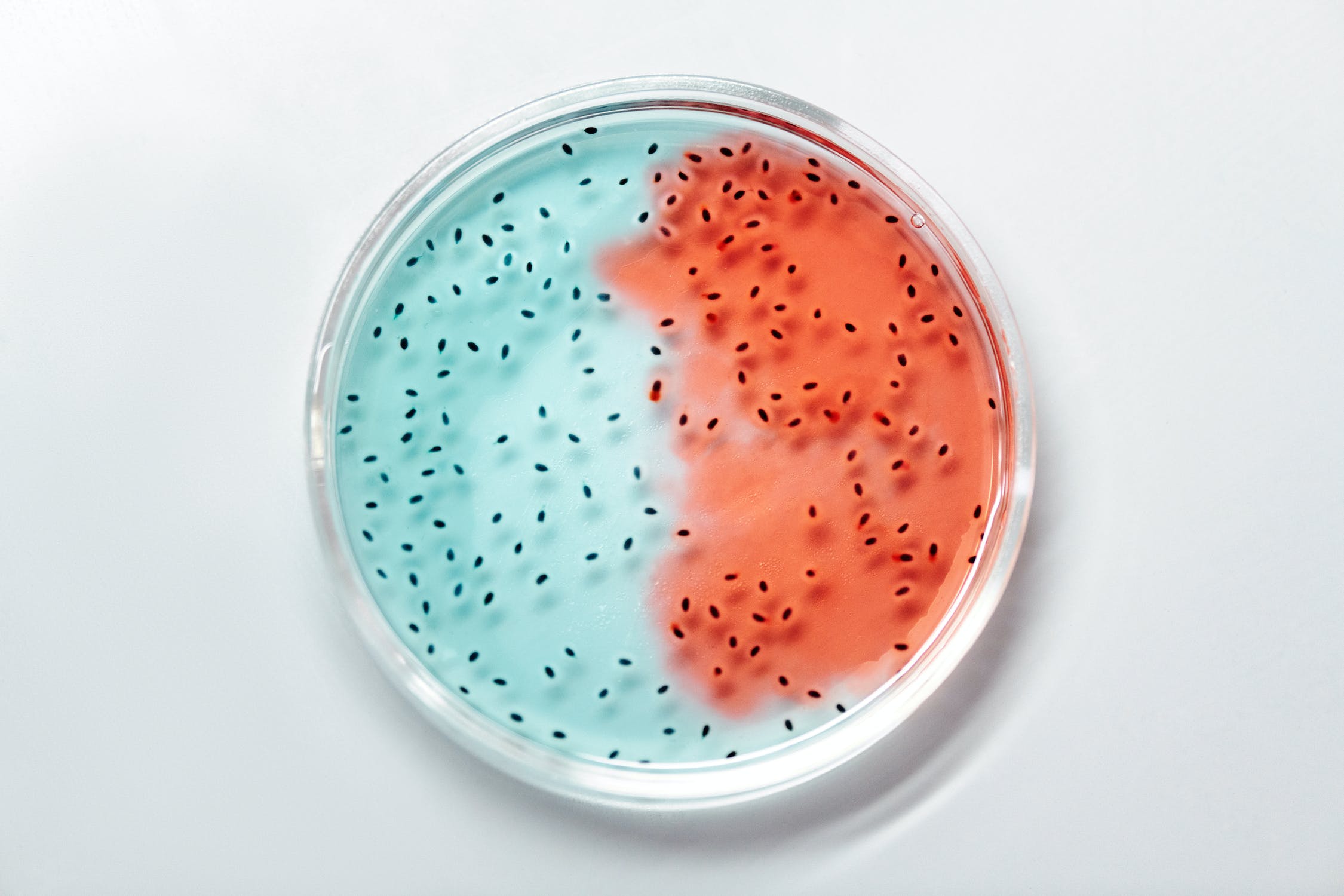Stronger governance needed to fight superbugs in Africa Antimicrobial Resistance threatens Africa’s development
Posted by Janice Scheckter on 01 November 2021 2:15 PM CAT

Africa CDC. November 2021.
Addis Ababa, Ethiopia, 17 November 2021
The leaders of six regional organizations in Africa are calling for stronger governance to fight antimicrobial resistance, or AMR, on the eve of World Antimicrobial Awareness Week (18-24 November).
The emergence and spread of antimicrobial resistance in Africa – where micro-organisms such as bacteria, viruses, fungi and parasites are resistant to antimicrobial treatment – is complicating the management of many infectious diseases, and endangers animal health and welfare, and food production, safety and security.
Addressing AMR requires a holistic and multi-sectoral approach. World Antimicrobial Awareness Week in Africa aims to encourage best practices among the public, health workers, farmers, animal health professionals and policy makers to prevent further emergence and spread of drug-resistant infections in people and animals.
The week also marks two years since a unique partnership of six regional organizations was formed to push ahead on fighting AMR in Africa, involving the Tripartite Partners (the Food and Agriculture Organization of the United Nations (FAO), the World Organization for Animal Health (OIE), and the World Health Organization (WHO)), with the UN Environment Programme (UNEP) , the Africa Centres for Disease Control and Prevention (Africa CDC), and the African Union Inter-African Bureau for Animal Resources (AU-IBAR)..
Events in Africa during WAAW 2021 include:
- A high-level event on Thursday 18 November including panel discussions with representatives of the regional organizations and ministers of human, animal, and environment health. The six regional organizations will also launch a communique calling for greater AMR governance in Africa and renewing their commitment to tackle AMR together.
- A series of roundtable discussions on major issues:
- Friday 19 November: regulations and legislation needed for responsible AMR risk management;
- Monday 22 November: implementing and financing AMR national action plans;
- Tuesday 23 November lessons learned from COVID-19: the role of civil society organisations and professional bodies in combatting AMR;
- Wednesday 24 November: adopting a One Health approach and multisectoral coordination mechanisms for AMR;
- A twitter chat on Sunday 21 November on combatting AMR in the Africa context. Get involved by following the hashtag #AfricaWAAW
To find out more about this year’s events, go to: https://bit.ly/2YCfDGn
Spread the word, not the germs!
Simple steps individuals can take to reduce AMR risk in their communities include:
Be AMR-Smart: Staying healthy by washing hands frequently and practicing good hygiene, and thinking twice and seeking advice before buying and using antimicrobials. Farmers can improve farm management, hygiene, animal welfare and biosecurity practices to prevent animal infections and the spread of germs. When animals get sick, the best course of action is to seek a correct diagnosis and follow instructions to administer antimicrobials properly and use vaccines when indicated.
Be an educator: To help spread awareness of AMR, a simple step is to wear blue during World Antimicrobial Awareness Week. Despite being a leading global public health threat, many policymakers, professionals, and the general public often remain largely unaware of AMR. To improve visibility of this health priority, individuals, communities, and organizations are encouraged to wear blue to highlight the issue.
Be a vaccine hero: Keeping people healthy so they don’t need to take any antimicrobial in the first place is key to fighting AMR. Get vaccinated and encourage your family and friends to get vaccinated against all diseases that have vaccines.
Facts about AMR in Africa
- AMR affects humans, animals and the environment.
- AMR could kill 4.1 million people across Africa by 2050 unless we take action to Resist the Resistance now.
- Developing countries across Africa could lose up to 5% of their GDP as a result of AMR. That means the financial toll of antimicrobial resistance would be deeper than the 2008 financial crisis.
- Killer infections like tuberculosis (TB) have become resistant to the antibiotic drugs that save lives. Malaria, which kills 3,000 children in Africa every day, is becoming resistant to a once-effective treatment. If we don’t Resist the Resistance, we could lose these life-saving medicines.
- Coronavirus is making AMR worse. One recent study found that among patients who went to hospital with coronavirus, 72% were given an antimicrobial they did not need. Only 8% had infections that were treatable with this life-saving medicine.